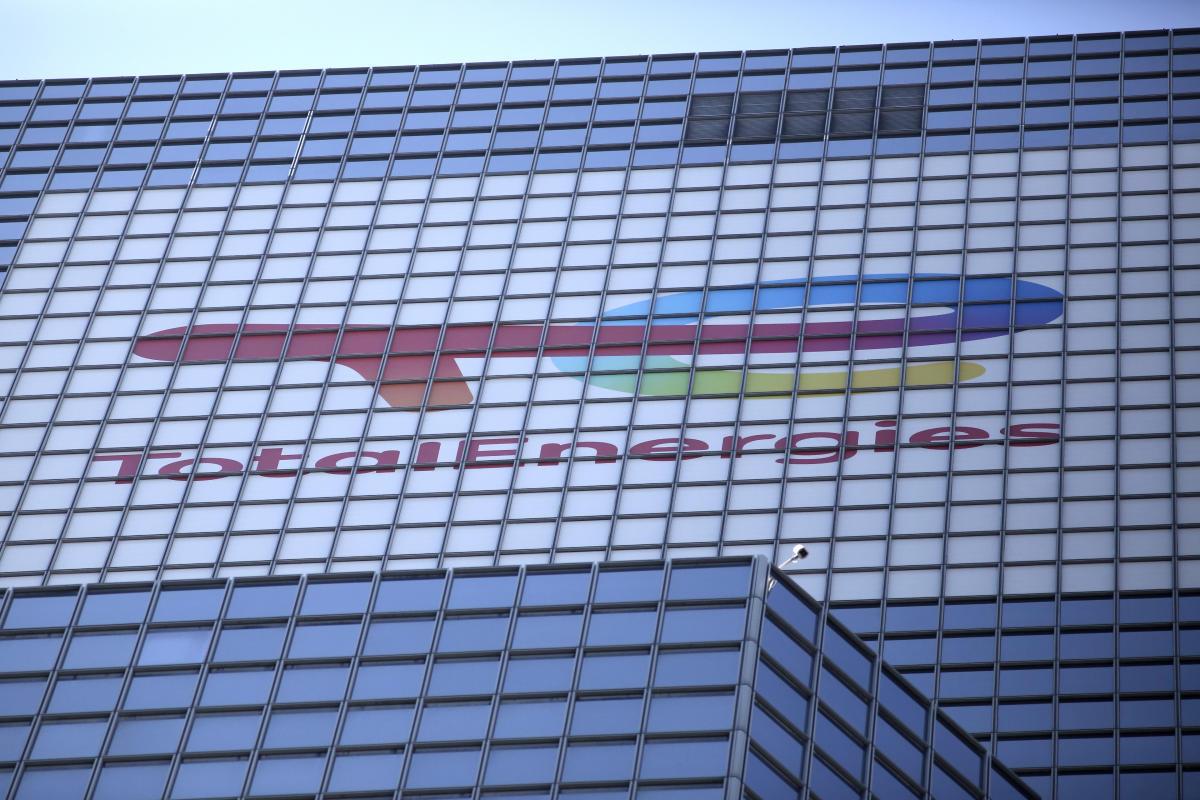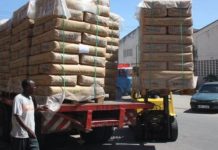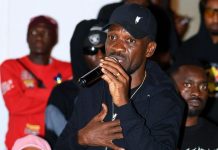Faridah N Kulumba
Africa-Press – Uganda. On 28th February this year, a French court dismissed a case filed by environmental activists requesting the court to stop TotalEnergies to construct the world’s longest-planned joint East African Crude Oil Pipeline (EACOP) Project from Uganda to Tanzania.
This was the first lawsuit of its kind filed in France, and the environmental groups had hope that it would set a legal precedent to halt 1445 km oil pipeline projects that the activists argued that it threatens to displace thousands of people and degrades critical ecosystems in the two nations.
Plaintiffs grievances
In 2018, six French and Ugandan Non-Governmental Organizations (NGOs) petitioned the French court accusing TotalEnergies of not doing all it could to protect people and the local environment during the Tilenga oil project and EACOP.
The NGOs argued that the development of the planned EACOP failed to adhere to a “duty of vigilance”, a 2017 law that compels companies to avoid grave harm to human rights, health, safety, and the environment.
On 11th April 2021, The President of Uganda Yoweri Kaguta Museveni, the President of Tanzania Samia Suluhu Hassan, and the giant oil companies Total and CNOOC signed three key agreements that pave the way for the construction of the oil pipeline Lake Albert in western Uganda to the Tanzanian port of Tanga.
One day after the agreement was signed, 38 civil society organizations across Tanzania and Uganda signed a letter stating that the parties involved in the construction of EACOP had failed to address environmental concerns over the pipeline and had steamrollered over the court and parliamentary process.
In mid-September last year, while European Parliament was reacting to the grave concern around alleged human rights violations in both East African countries linked to the oil pipeline project, criticizes the proposed project, and called for the French company to consider an alternative route.
According to the EU Parliament findings, the EACOP project led to the wrongful imprisonment of human rights defenders, the arbitrary suspension of NGOs, arbitrary prison sentences, and the eviction of hundreds and hundreds of people from their land without fair and adequate compensation.
French court’s judgment
The French court ruled that the case was “inadmissible”, saying the plaintiffs did not correctly follow court procedures against TotalEnegies company.
According to the court, the plaintiffs submitted accounts to the court in December that was “substantially different” from those that were presented to TotalEnergies in a formal notice in 2019 when the case was initiated. But the NGOs denied having substantially modified their submission to the court.
Juliette Renaud, a campaigner with French NGOs defended the environmental groups by saying that they “only clarified the defendants and consolidated their arguments with more than 200 documents of supporting evidence.
What next for the NGOs
The plaintiffs can appeal the court’s decision, but they said they would speak to “the affected communities” about the next steps, according to Renaud.
The two French Friends of the Earth and Survival and four Ugandan NGOs, petitioned the court accusing the French energy giant of taking land from more than 100,000 people without adequate compensation.
In Tanzania, there are 9,510 project-affected persons, of which 96 percent or 9,111 persons have signed compensation agreements out of which 8,672 persons have received their cash compensations. The Tanzania section runs for 1,147km through 25 districts and eight regions.
They also said the company drilled wells in the biodiversity-rich Murchison Falls National Park on the shores of Lake Albert.
EACOP completely ready
The construction of the EACOP is in full gear and the drilling is expected to start this year. On 17 January, the government of Uganda approved the awarding of the construction license of a USD3.5 billion pipeline. On the 21st of February Tanzania also did the same. The construction approvals of neighboring countries mean the oil pipeline project is irreversible.
The license was subjected to conditions including securing all necessary consents and permits. Other conditions are, the EACOP Company shall establish the main control for monitoring the oil pipeline from mid-western Uganda to Chongleani terminal at Tanzania’s Indian Ocean Tanga port, and consulting and seeking approval from authorities for any deviation from the current pipeline route, among others.
In September last year after the EU Parliament’s proposal on the oil project, President Museveni vowed that the project would proceed with or without TotalEnergies. He added that Uganda would find someone else to work with if necessary.
On 9th October, Museveni again expressed readiness to work with other progressive forces in Western Europe to avoid the emerging frustration from the European Union which is opposed to Uganda’s oil industry.
Oil the country’s sovereignty
According to Emest Rubondo the Executive Director Petroleum Authority 0f Uganda, the country’s current oil price is about USD87.5 per barrel. The Kingfisher project will account for 15 percent of the total oil revenue to the government from upstream operations, equivalent to USD 6.9 billion for the entire project, or USD 360 million per year.
The French TotalEnergies operated Tilenga Project– which will produce 190,000 barrels of oil per day – will account for 85 percent of the expected oil revenues.
The rig at Kingfisher will drill oil wells at varying depths, the shortest of which is about 2.6 kilometers, while the deepest is 7.4 kilometers. Uganda is aiming at exporting the drilled oil and refining it to export local petro-chemical based industrial projects.
The government of Uganda believes the oil drilling project and the EACOP as the key to economic development. The authorities say oil wealth could help lift millions of people out of poverty hence increasing their standard of living. Some Ugandans see the international interference in the oil pipeline construction as an assault on the country’s sovereignty.
For More News And Analysis About Uganda Follow Africa-Press






